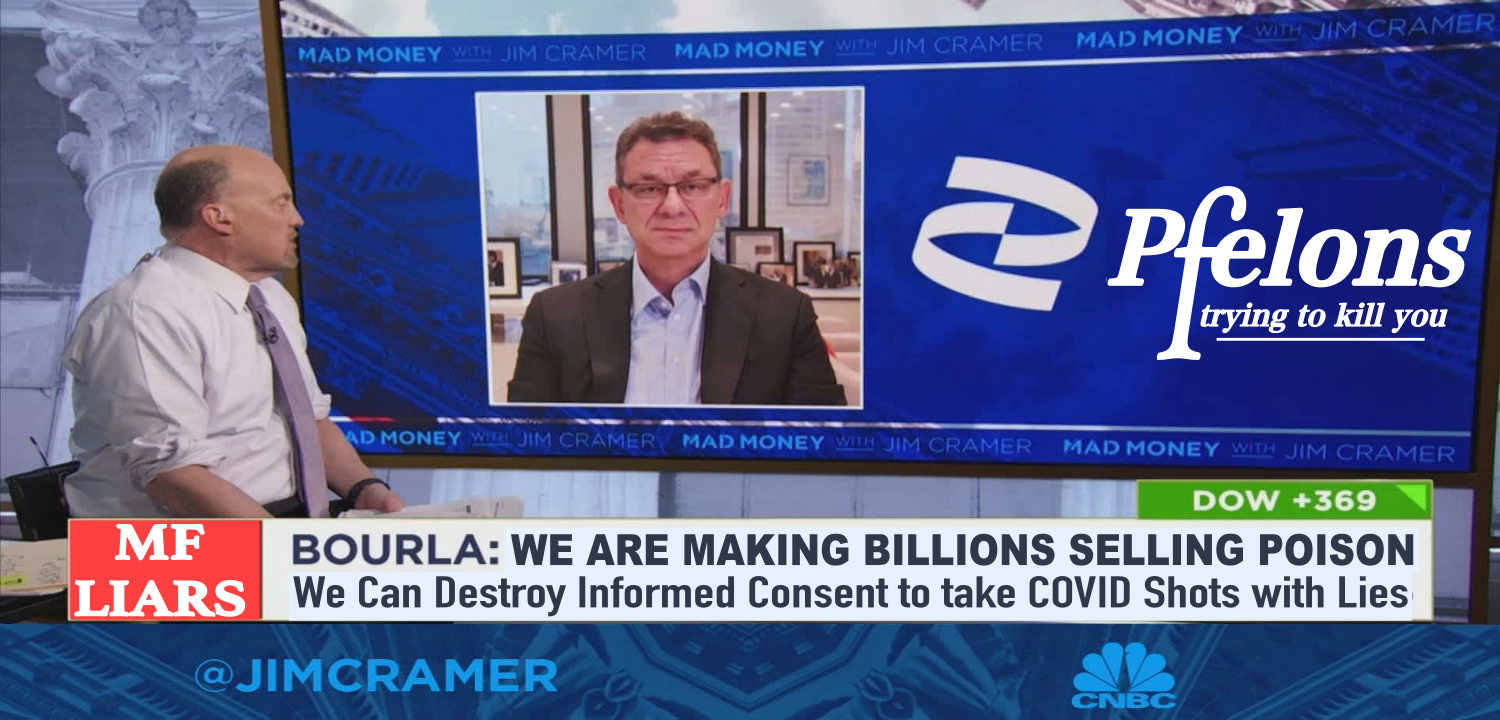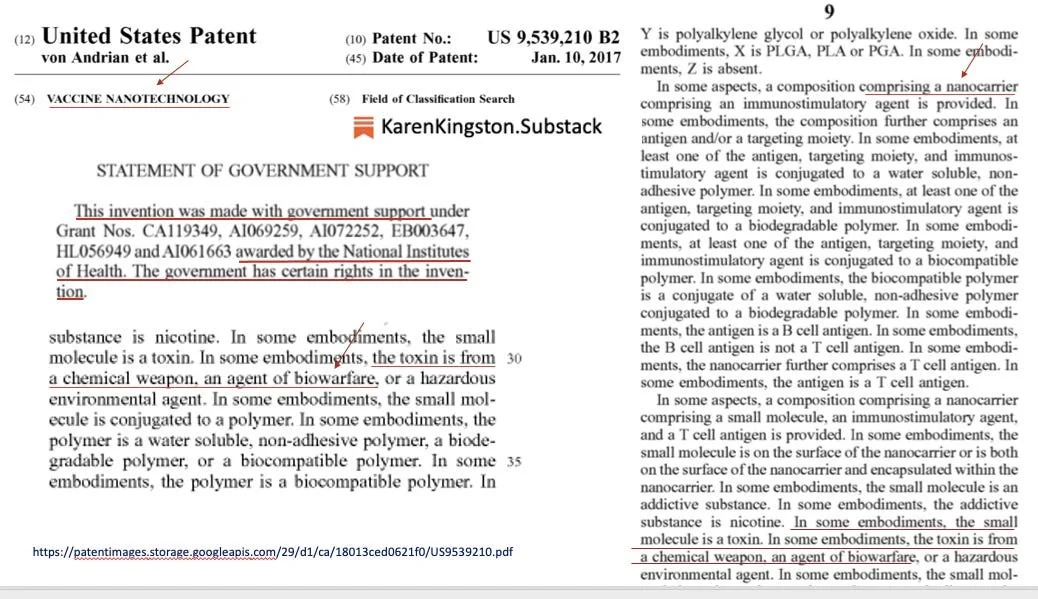Brown University to probe its slavery ties
/- Originally published by the Associated Press. [here]
When a paid notice denouncing the idea of reparations for slavery appeared in Brown University's student newspaper three years ago, angry students protested, dumped the papers in the trash and demanded an apology.
The Brown Daily Herald defended itself on grounds of free speech, and university president Ruth Simmons, herself a descendant of slaves, weighed in by stressing support for free expression. But Simmons said the campus uproar sparked a desire to learn more. Simmons, the first black president of an Ivy League college, took the unprecedented step of directing Brown to study its early links to slave owners and traders and recommend whether and how the college should take responsibility for that connection.
"We're trying to cope with our legacy," she said in an interview with The Associated Press. "Things don't get better because we ignore them." The Committee on Slavery and Justice, which she appointed, will spend two years exploring Brown's historic ties to the slave trade and studying how other societies have confronted and atoned for their past. Another goal of the committee is to explain this history to students, said committee chairman James Campbell, a Brown history professor.
"When Americans think of slavery, they think of the south and cotton fields. The fact is that slavery existed in all 13 colonies. Rhode Island was the epicenter of the trans-Atlantic slave trade," he said. From 1709 to 1807, Rhode Island merchants invested in more than 930 slaving trips to Africa, according to historian Jay Coughtry's book "The Notorious Triangle." They wrested more than 105,000 Africans from their homeland.
"Every institution in New England was shaped by this, there is simply no question about it," Campbell said.
Brown was started in 1764 as Rhode Island College. Its founder, the Rev. James Manning, freed his only slave but accepted donations from slave owners and traders, including the Brown family of Providence. Half the cost of Brown's first library was paid by John Brown, a slave trader. While he defended slavery until his death, his brother, Moses Brown, and nephew, Nicholas Brown Jr., became ardent abolitionists and pushed for a tough prohibition against slave ships entering American ports. Nicholas Brown Jr. is the university's namesake.
Simmons, named Brown's president in November 2000, and Campbell said the 16-member committee would explore not just the school's historic ties to slavery, but all the complex issues regarding race in America, including reparations. They said they recognize not everyone will be enthusiastic.
"On one side you're going to have people who will hear that Brown is having a discussion about the legacy of slavery and dismiss us. They'll conclude it's just an exercise in political correctness and it's nothing more than a money grab by black people," Campbell said. "On the other side are people who will dismiss this whole committee as a public relations stunt to whitewash our past."
At the heart of the reparations movement is the idea that disparities between blacks and whites, in everything from education to income, are the legacy of slavery. Blaming corporations that helped finance the slave trade echoes a legal tactic that won more than $8 billion from banks and insurance companies for World War II Holocaust survivors.
Opponents of reparations say they could cause greater racial divisions and that most Americans today have no connection to slavery.
In January, a federal judge in Chicago dismissed a lawsuit that descendants of slaves filed against corporations they say profited from slavery. The lawsuit named companies like the Lehman Brothers brokerage firm, Aetna Insurance and R.J. Reynolds Tobacco. Lawyers involved with the case said Brown, Yale and Harvard Law School were likely defendants in future cases, although the schools have not yet been sued.
Simmons wouldn't speculate on what amends Brown might make for its past. Campbell suggested providing scholarships or helping students from Africa attend Brown.
For now, Simmons is focused on finding out the truth.
"It's basically the uncovering-the-truth-and-stating-it committee because really that has yet to be done," she said.
















































































































































































































































































